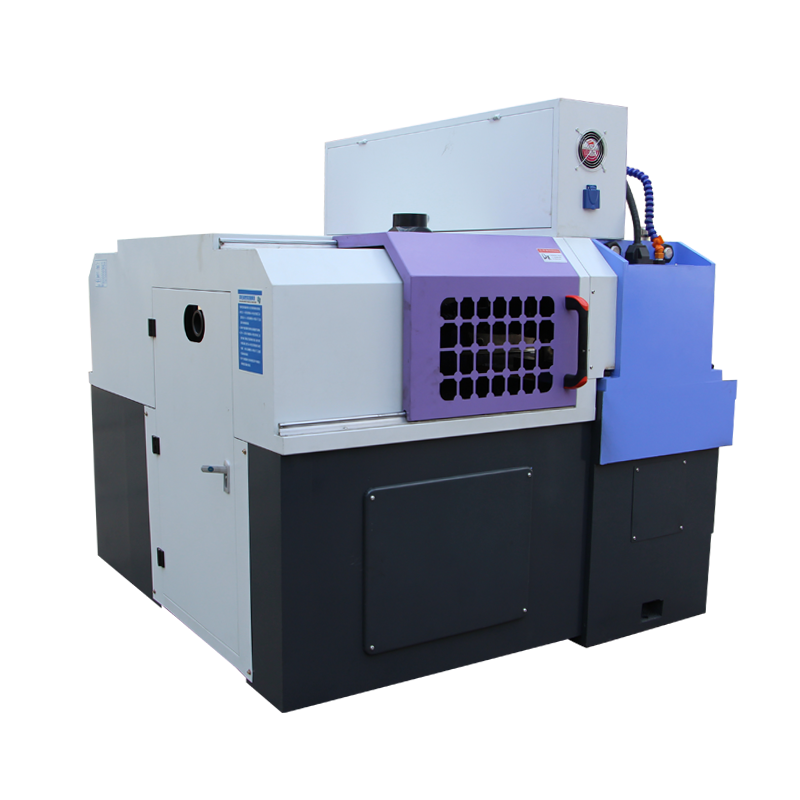
-
 Afrikaans
Afrikaans -
 Albanian
Albanian -
 Amharic
Amharic -
 Arabic
Arabic -
 Armenian
Armenian -
 Azerbaijani
Azerbaijani -
 Basque
Basque -
 Belarusian
Belarusian -
 Bengali
Bengali -
 Bosnian
Bosnian -
 Bulgarian
Bulgarian -
 Catalan
Catalan -
 Cebuano
Cebuano -
 Corsican
Corsican -
 Croatian
Croatian -
 Czech
Czech -
 Danish
Danish -
 Dutch
Dutch -
 English
English -
 Esperanto
Esperanto -
 Estonian
Estonian -
 Finnish
Finnish -
 French
French -
 Frisian
Frisian -
 Galician
Galician -
 Georgian
Georgian -
 German
German -
 Greek
Greek -
 Gujarati
Gujarati -
 Haitian Creole
Haitian Creole -
 hausa
hausa -
 hawaiian
hawaiian -
 Hebrew
Hebrew -
 Hindi
Hindi -
 Miao
Miao -
 Hungarian
Hungarian -
 Icelandic
Icelandic -
 igbo
igbo -
 Indonesian
Indonesian -
 irish
irish -
 Italian
Italian -
 Japanese
Japanese -
 Javanese
Javanese -
 Kannada
Kannada -
 kazakh
kazakh -
 Khmer
Khmer -
 Rwandese
Rwandese -
 Korean
Korean -
 Kurdish
Kurdish -
 Kyrgyz
Kyrgyz -
 Lao
Lao -
 Latin
Latin -
 Latvian
Latvian -
 Lithuanian
Lithuanian -
 Luxembourgish
Luxembourgish -
 Macedonian
Macedonian -
 Malgashi
Malgashi -
 Malay
Malay -
 Malayalam
Malayalam -
 Maltese
Maltese -
 Maori
Maori -
 Marathi
Marathi -
 Mongolian
Mongolian -
 Myanmar
Myanmar -
 Nepali
Nepali -
 Norwegian
Norwegian -
 Norwegian
Norwegian -
 Occitan
Occitan -
 Pashto
Pashto -
 Persian
Persian -
 Polish
Polish -
 Portuguese
Portuguese -
 Punjabi
Punjabi -
 Romanian
Romanian -
 Russian
Russian -
 Samoan
Samoan -
 Scottish Gaelic
Scottish Gaelic -
 Serbian
Serbian -
 Sesotho
Sesotho -
 Shona
Shona -
 Sindhi
Sindhi -
 Sinhala
Sinhala -
 Slovak
Slovak -
 Slovenian
Slovenian -
 Somali
Somali -
 Spanish
Spanish -
 Sundanese
Sundanese -
 Swahili
Swahili -
 Swedish
Swedish -
 Tagalog
Tagalog -
 Tajik
Tajik -
 Tamil
Tamil -
 Tatar
Tatar -
 Telugu
Telugu -
 Thai
Thai -
 Turkish
Turkish -
 Turkmen
Turkmen -
 Ukrainian
Ukrainian -
 Urdu
Urdu -
 Uighur
Uighur -
 Uzbek
Uzbek -
 Vietnamese
Vietnamese -
 Welsh
Welsh -
 Bantu
Bantu -
 Yiddish
Yiddish -
 Yoruba
Yoruba -
 Zulu
Zulu
China Steel Bar Thread Rolling Equipment for Enhanced Manufacturing Efficiency and Precision
Understanding China’s Steel Bar Thread Rolling Machines
In the world of metalworking, the efficiency and accuracy of manufacturing processes are paramount. One of the crucial tools in this sector is the steel bar thread rolling machine, particularly prominent in China, which has become a significant player in the global steel production market. Thread rolling machines are essential in the production of various threaded components used across multiple industries, including construction, automotive, and machinery. In this article, we will explore the functionality, advantages, and applications of steel bar thread rolling machines produced in China.
Functionality of Thread Rolling Machines
Thread rolling is a cold-forming process that produces threads on the surface of a material by pressing it between two dies. Unlike traditional machining methods, which can remove material and lead to waste, thread rolling is efficient as it generally maintains the integrity of the raw material, enhancing strength through work hardening. The steel bar thread rolling machines from China are designed to handle various diameters and lengths of steel bars, making them versatile for many applications.
These machines primarily consist of a rolling mechanism, control systems, and a robust frame to accommodate high-stress operations. The rolling process involves inserting the steel bar into the machine, where it is then shaped by rotating the rollers against the bar, forming precise threads that meet consistent tolerances. Many modern machines are automated and come equipped with sophisticated control systems that allow for precise adjustments, rapid changeovers, and reduced cycle times.
Advantages of Chinese Steel Bar Thread Rolling Machines
There are several advantages to using steel bar thread rolling machines manufactured in China. Firstly, the cost-effectiveness of these machines is a significant factor for manufacturers seeking high-quality tools without breaking the bank. China has developed a robust supply chain, which allows for affordable production, ultimately benefiting global buyers.
Additionally, Chinese manufacturers have invested heavily in technology and innovation, resulting in machines that boast advanced features like digital control panels and energy-efficient designs. The durability and reliability of these machines are also noteworthy, as they are built to endure heavy operational demands while providing consistent performance.
china steel bar thread rolling machine

Moreover, the ability to customize these machines for specific applications allows manufacturers to meet niche market demands
. This flexibility in design can cater to different thread types, dimensions, and material specifications, ensuring a tailored approach to production.Applications in Various Industries
The application of steel bar thread rolling machines spans various sectors. In construction, for instance, the demand for high-strength threaded bars is critical for ensuring the integrity of structures. These machines are used to produce reinforcing bars, anchor bolts, and other components that require threading for secure connections.
In the automotive industry, the necessity for precision-engineered parts is paramount. Threaded components like bolts, nuts, and fasteners are vital for assembling vehicles, and steel bar thread rolling machines ensure that these parts are manufactured with precise specifications for durability and performance.
Moreover, the machinery and equipment sector also relies on these machines to produce threaded elements for various applications, from simple fasteners to complex assemblies used in heavy machinery.
Conclusion
Chinese steel bar thread rolling machines play a vital role in modern manufacturing practices, affecting many industries worldwide. Their efficiency, cost-effectiveness, and versatility make them indispensable tools for producing high-quality threaded components. As China continues to advance its manufacturing technologies, the thread rolling machines are poised to become even more essential in meeting the growing demands of a competitive global market. Manufacturers looking to enhance their production capabilities would do well to consider these machines as a key asset in their operations.
